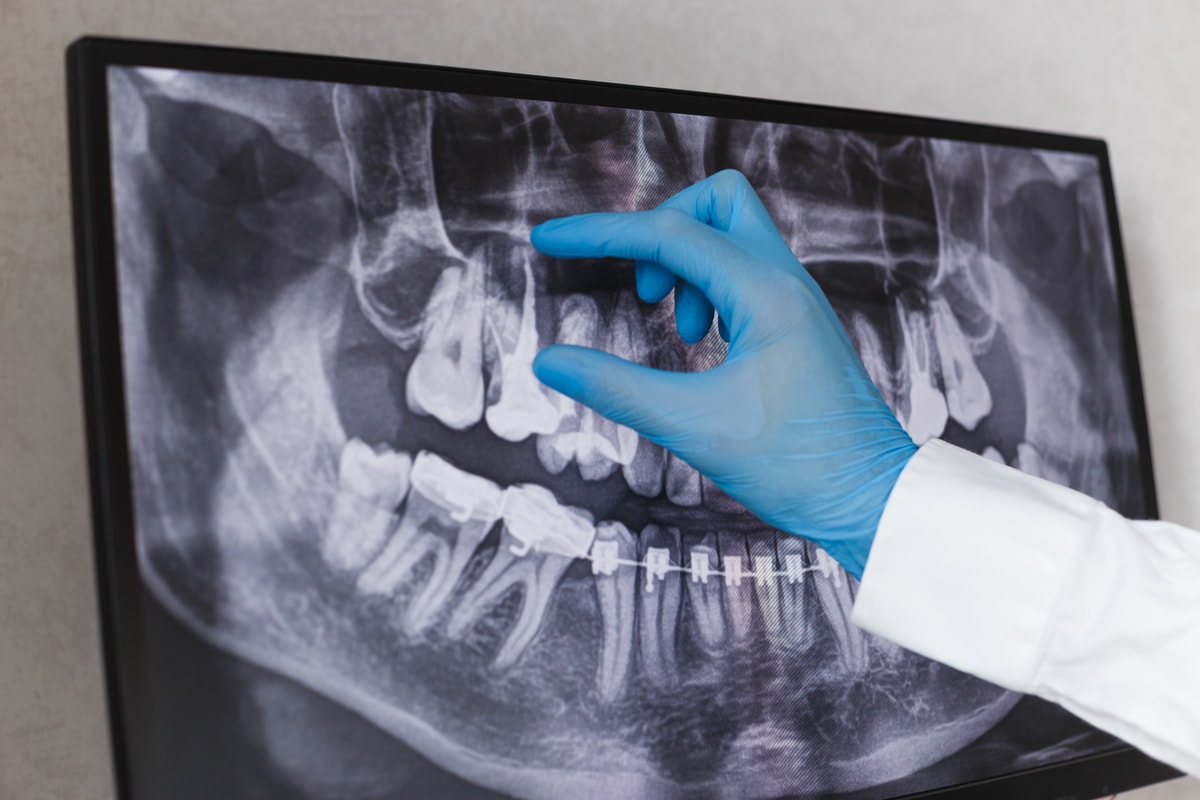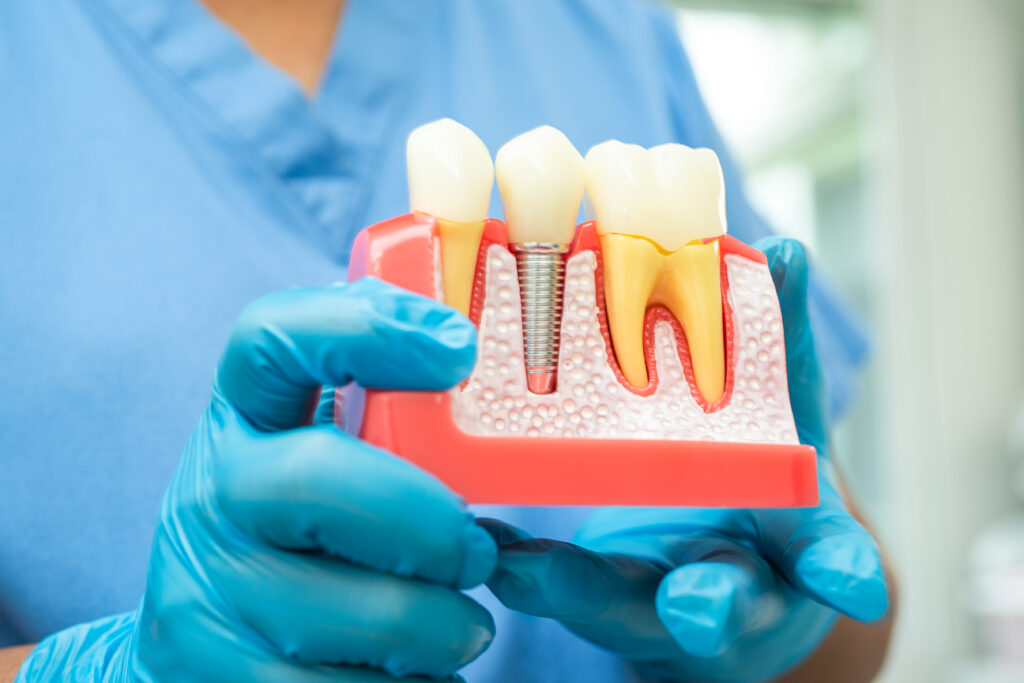
Many people often say they’d “rather get a root canal” as a way to express their disdain for dealing with an unpleasant situation.
But what exactly is a root canal, and why do people get them? Read on to learn more.
What is a Root Canal?
Before we define root canal, let’s review some basic tooth anatomy.
The outer layer of the tooth is called the enamel. Under the enamel is a hard layer of a material called dentin that supports the enamel. These structures protect the innermost section of the tooth — the pulp.
The pulp connects to the tissue surrounding the root of the tooth. This pulp is made up of blood vessels, connective tissue, and nerves. The pulp is responsible for producing the dentin mentioned earlier. Once your tooth matures, your teeth no longer need the pulp.
Now, this pulp can become inflamed. One of the most common ways this happens (although not the only way) is through tooth decay — the decay allows bacteria into the area with the pulp.
A root canal is an endodontic (meaning “inside the tooth”) procedure to remove this inflamed or infected pulp.
How Do I Know If I Need a Root Canal?
There are several signs and symptoms that could indicate you need a root canal to fix an inflamed or infected tooth.
- Chipped/cracked tooth
- Severe pain while chewing or biting
- Pimples on gums
- Lingering sensitivity to hot/cold
- Swollen/tender gums
- Deep decay or darkening of the gums
Of course, some of these could be signs of other issues. It’s best to have a dentist examine your mouth right away.
How Does a Root Canal Work?
Root canals often require a couple of dental visits.
First, your dentist x-rays your mouth to observe the root canal structure and to spot signs of infection in nearby bones. From there, they’ll determine whether your root canal necessitates one or two visits.
Before beginning the procedure, the dentist anesthetizes the area around the tooth to minimize discomfort.
Additionally, they’ll place a dental dam to keep the area dry of saliva.
Then, the dentist drills a hole into the tooth to access the root canal and extracts the damaged nerves and pulp.
After removing the nerves and pulp, the dentist will clean the root canal with root canal files to ensure the area is free of foreign particles or damaged tissue. They’ll also rinse out the area.
At last, the dentist seals the tooth back up if only one appointment is necessary. Otherwise, the dentist will apply medicine to the root canal to clean it of bacteria and put in a temporary filling. During the next appointment, the temporary filling is replaced with a permanent one.
Are Root Canals Painful?
In the old days, yes. But dentistry has come so far since then. Thanks to anesthesia, your root canal won’t feel much different from a regular dental exam.
That said, expect a bit more soreness after the procedure. You may feel mild discomfort for a couple of days afterward as well — but it’s nowhere near as bad as people who say “I’d rather get a root canal” make it out to be.
What Happens If I Don’t Get a Root Canal?
If you avoid getting a root canal, this small infection can spread around the body. It could eventually be life-threatening.
If you think you have an inflamed or infected pulp, schedule an appointment with your dentist immediately.
Absolute Smile is happy to take a look at your teeth. Our experts will be able to quickly determine whether or not you need a root canal, then we can schedule the procedure. All new patients get a free consultation, so contact us today!







